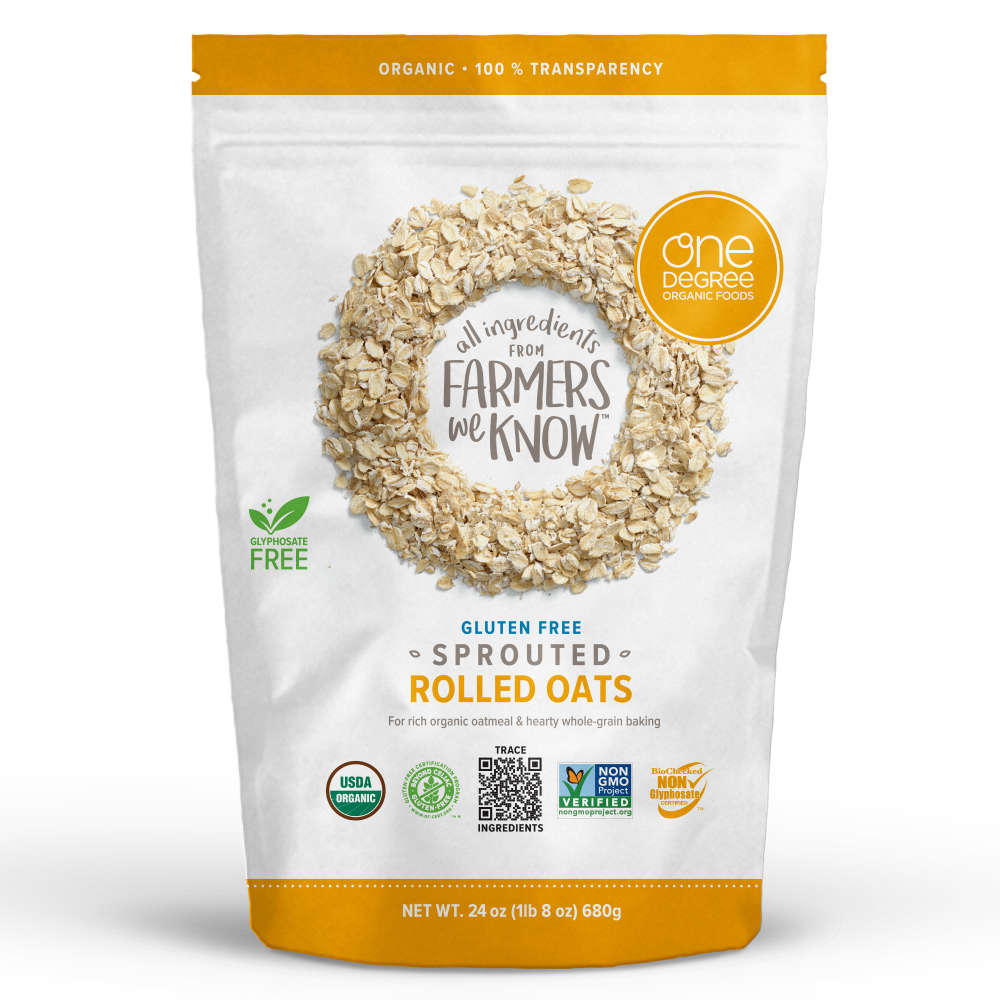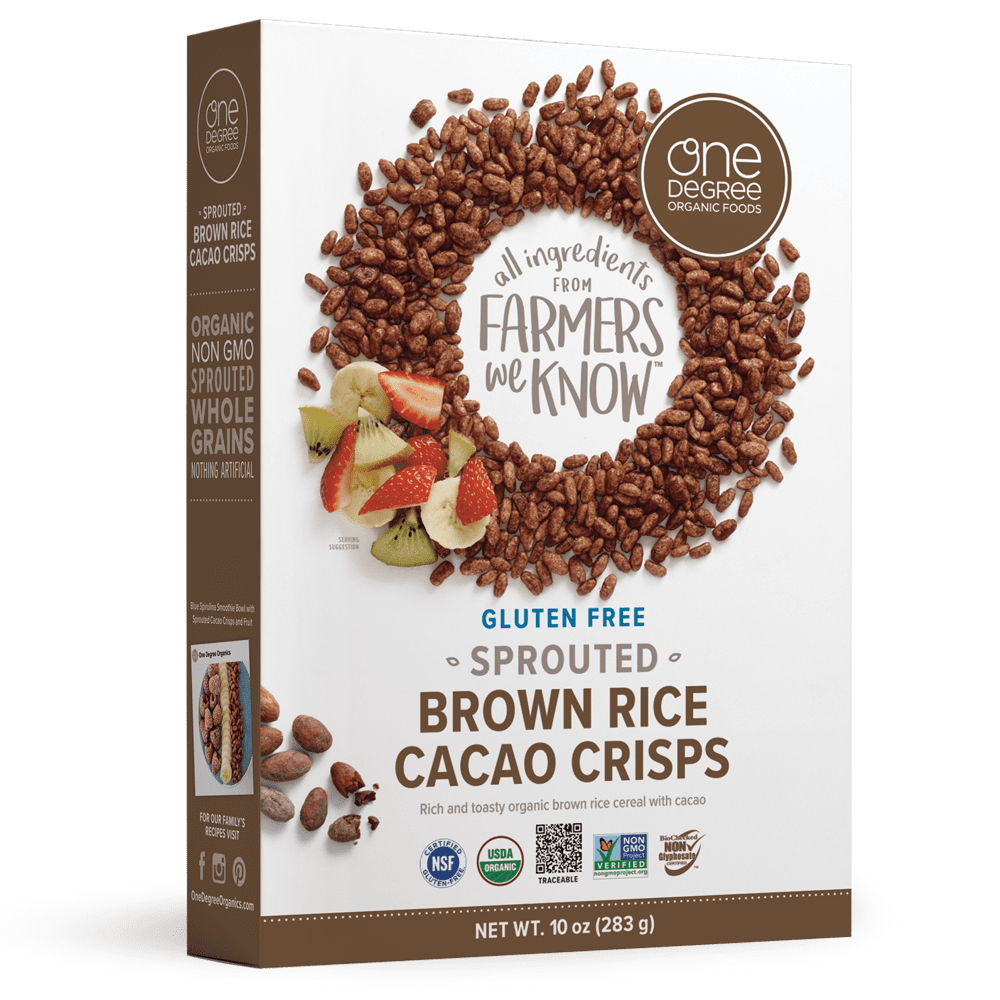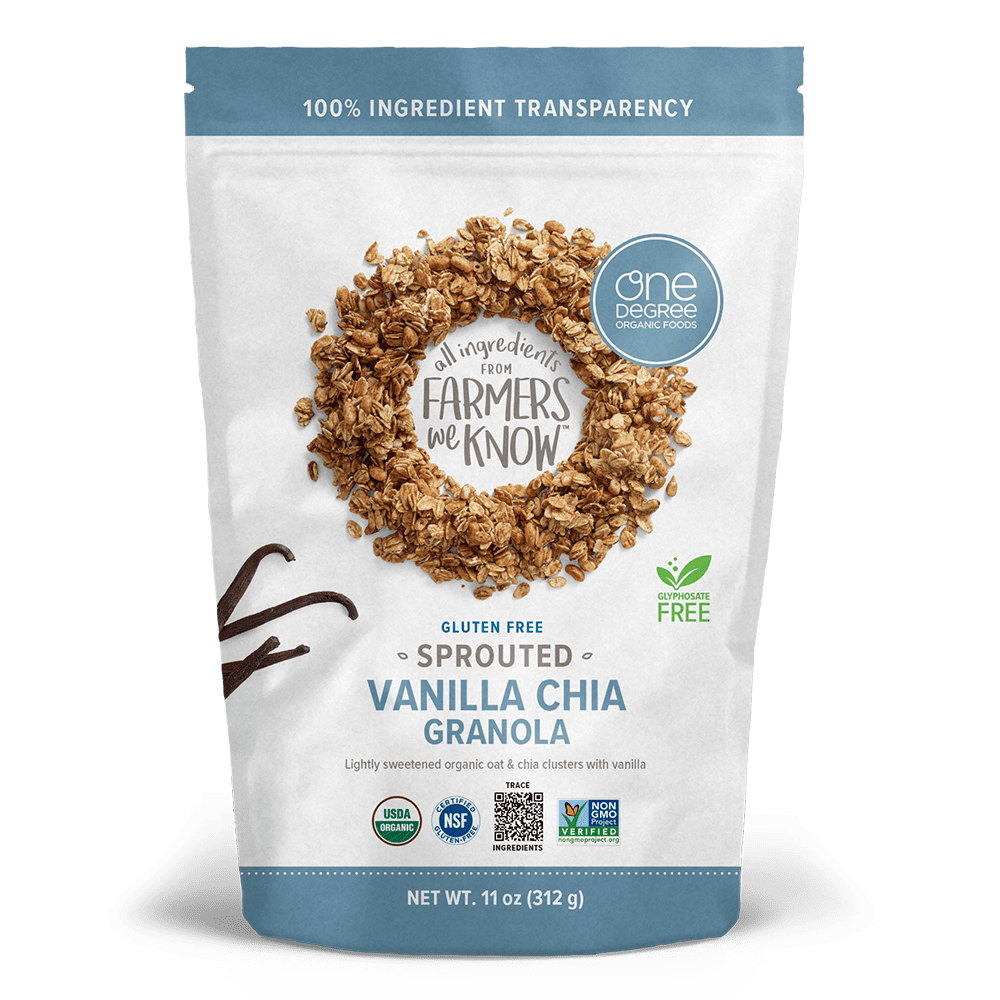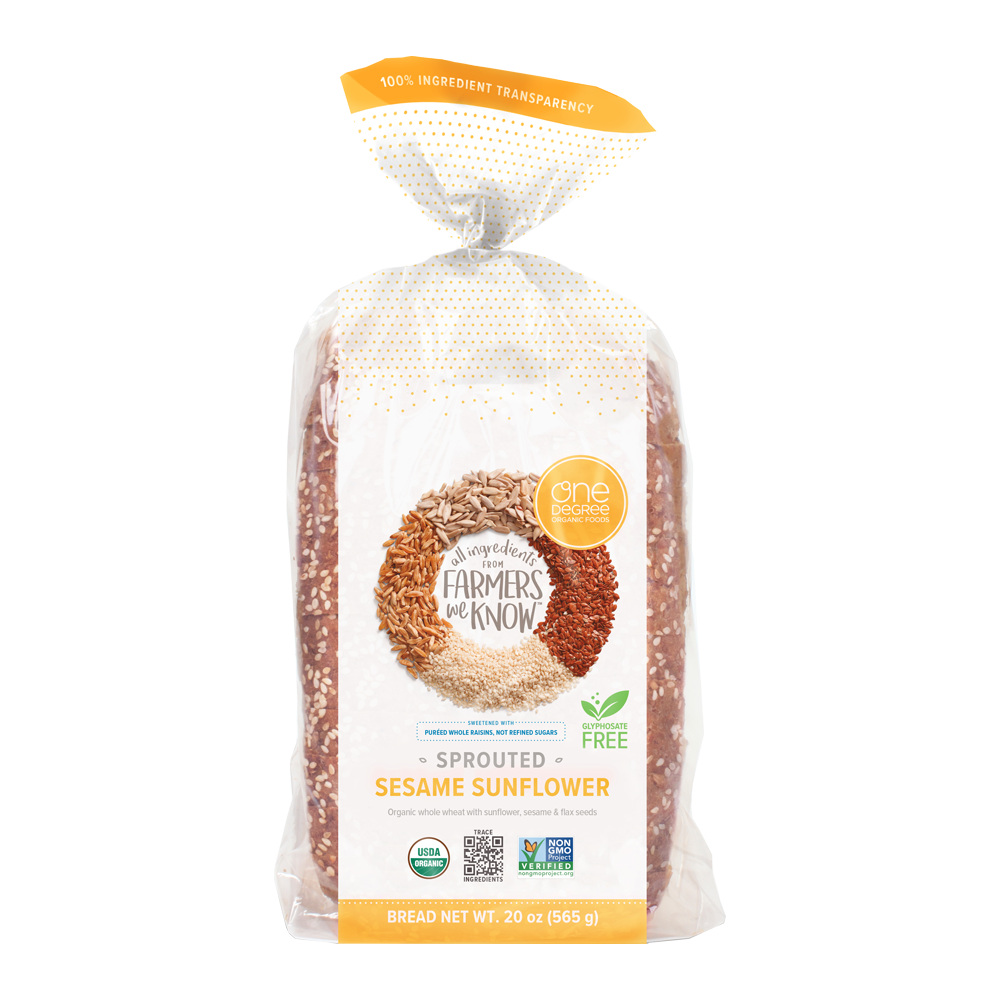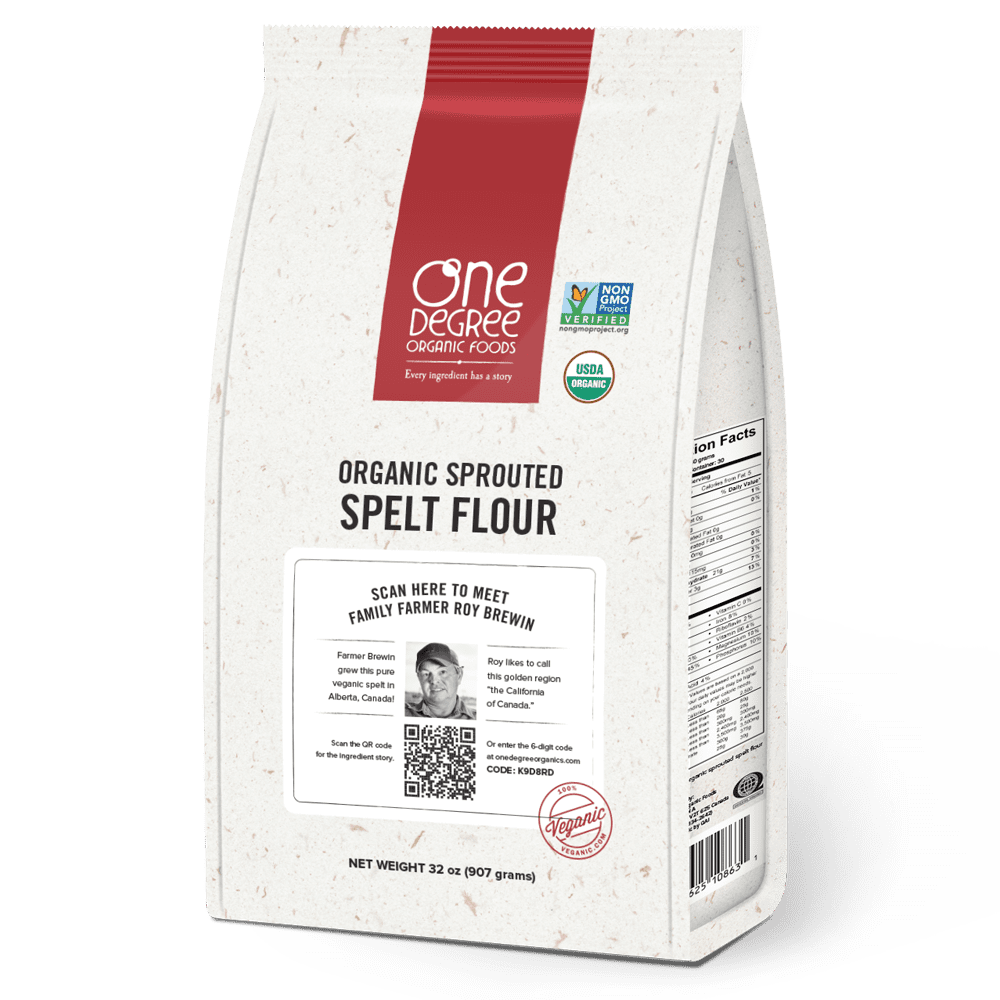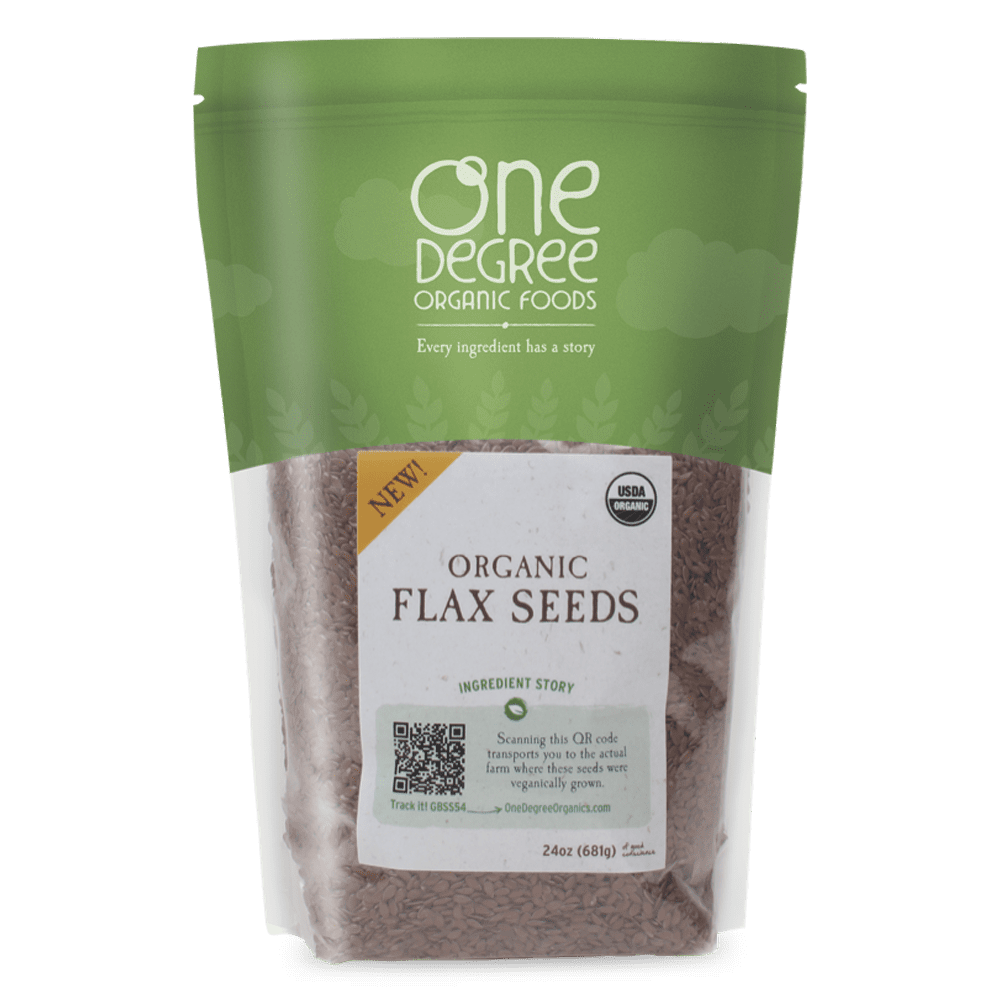Sunflower Seeds
Schalk Muehle
Beyond Bulgaria’s charming townships and impressive castle fortresses are lands flush with bright flora. There are valleys of soft pink roses and rows of swaying lavender crops—fields that have earned the Balkan country a spot among the world’s top rose oil and lavender oil producers, even ahead of France. There are also horizons alight with gold from sunflowers dancing in the sun. Full of rich nutrients, these flowers make Bulgaria the largest exporter of sunflower seeds in the world.
So why go all the way to Bulgaria for sunflower seeds? We love sunflower seeds for their abundant health benefits. They’re a good source of essential fatty acids; vitamins A, B, C, and heart-healthy vitamin E; plus minerals such as calcium, iron, magnesium, and zinc. Not only are they also good source of natural protein and anti-oxidants, but they help balance blood sugar levels too. Our commitment to ensuring the highest standards of plant-based, organic food means researching every ingredient that goes into our products, so we travel to meet our farmer partners and producers first-hand. Along the way, we learn a thing or two about traditions in farming, ideal climates for growing, and get insight into the passionate people tending these crops.
Rainer Schalk, a sixth-generation farmer and food producer based in Austria, was our guide in Bulgaria. His company, Schalk Muehle, works with dedicated farmers across Europe to produce organic seeds, oils, and spreads. Our One Degree Organic Foods products use their sunflower seeds, sunflower lecithin, and pumpkin seeds. On this visit, it was the sunflower seeds we were eager to learn about.
Bulgaria’s continental climate is ideal for growing the cheery flowers sheltering these seeds. In fact, in addition to sunflower seeds and other technical crops, farming fruits, vegetables, herbs and even wine grapes are very possible across the country thanks to its rich, dark soil. That richness, according to Rainer, stems from energy transfer between crops. Around age 14 or 15, he underwent a “radical organic inspiration,” where he really got into the idea of building energy back into the soil.
“Crop rotation is very important for nature and the soil,” says Rainer. “If you plant every year the same crop, like sunflower seeds or corn, you’ll have bad impact on the soil, nature, the animals … and that’s not the way nature works. Organic farming is much closer to nature than conventional farming, and that’s what we’re looking for.”
He tells us how to get it started: first with something that brings energy in, such as peas; follow that up with something like wheat or sunflowers, that need more energy; and continue on this cycle. Since crop rotation helps produce more fertile soil, the farmers don’t need to (and choose not to) use any animal manure in the soil.
Rainer also underscores the importance of food companies and consumers not being too selective when buying organic foods. “You can’t just eat organic sunflowers, you also have to eat chickpeas or wheat—and that’s not that difficult because we like bread and we like hummus and we like falafel—but it’s very important to keep in mind that it’s not one thing you can have on the field, you have different things, like a garden.” Schalk Muehle helps farmers market their other products in off-years, so they aren’t just buying sunflower seeds, but working with wheat or chickpeas as well. Our buying habits support their crop rotation, off-season marketing, and so on.
The rotation system benefits farmers like Margarit Gyoreva, who Rainer says will see a larger quantity of viable crops because of this practice. A retired police officer, Margarit now overlooks 200 hectares for Schalk Muehle—no small feat for a small team with just a few tractors. “The harvest starts mid-August to early-September,” he explains. “Each year, we do a crop rotation. This year it’s sunflowers, next year legumes, and after that, wheat or barley or spelt. It’s a three-year rotation, so after that, it will be back to sunflowers.”
What we discovered on this trip was a tremendous amount of passion and hard work that goes into the farming as well as Schalk Muehle’s strong relationships with their farmers. We are proud to share in their love of organic food and farm-to-table food transparency. Schalk Muehle’s organic sunflower seeds are a delicious addition to our One Degree Organics granolas and breads, and we hope you enjoy their savory, nutty flavor as much as we do.
